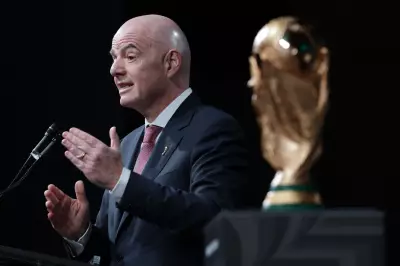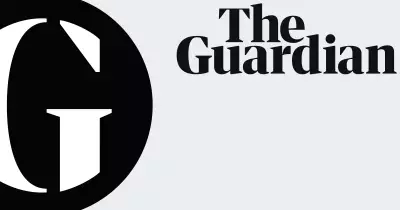
Former Chelsea and England midfielder Joe Cole has launched a blistering attack on the state of modern football, claiming the vast sums of money flowing through the game have attracted what he describes as "parasites" seeking to exploit the sport for financial gain.
In a candid interview that pulls no punches, the ex-Three Lions star expressed his deep concerns about how football's financial transformation has fundamentally changed the beautiful game.
The Price of Premier League Wealth
Cole didn't mince words when discussing the impact of football's financial revolution. "Anything which generates the money you get in football means the parasites come," he stated bluntly, highlighting how the Premier League's massive revenue streams have created an environment ripe for exploitation.
The former West Ham prodigy, who enjoyed a distinguished career spanning nearly two decades, spoke from firsthand experience about witnessing the game's evolution from grassroots passion to global business empire.
From Playing Fields to Boardrooms
Cole's comments come at a time when football faces increasing scrutiny over financial fair play, agent fees, and the growing disconnect between clubs and their traditional supporter bases. His perspective offers a unique bridge between the old guard and modern football's corporate reality.
Having played during the period when Premier League broadcasting deals began reaching astronomical figures, Cole has observed the gradual infiltration of what he terms opportunistic elements drawn to the sport's wealth rather than its sporting values.
A Warning for Football's Future
The 43-year-old's stark assessment serves as both criticism and cautionary tale. While acknowledging the benefits that increased revenue has brought to facilities and player development, Cole emphasised that the financial gold rush has come with significant costs.
His comments reflect growing concerns among football traditionalists about the soul of the game, raising important questions about who truly benefits from football's enormous financial success and what might be lost in the relentless pursuit of profit.
As the debate about football's direction continues, Cole's powerful intervention adds weight to calls for greater protection of the sport's fundamental values against commercial exploitation.





